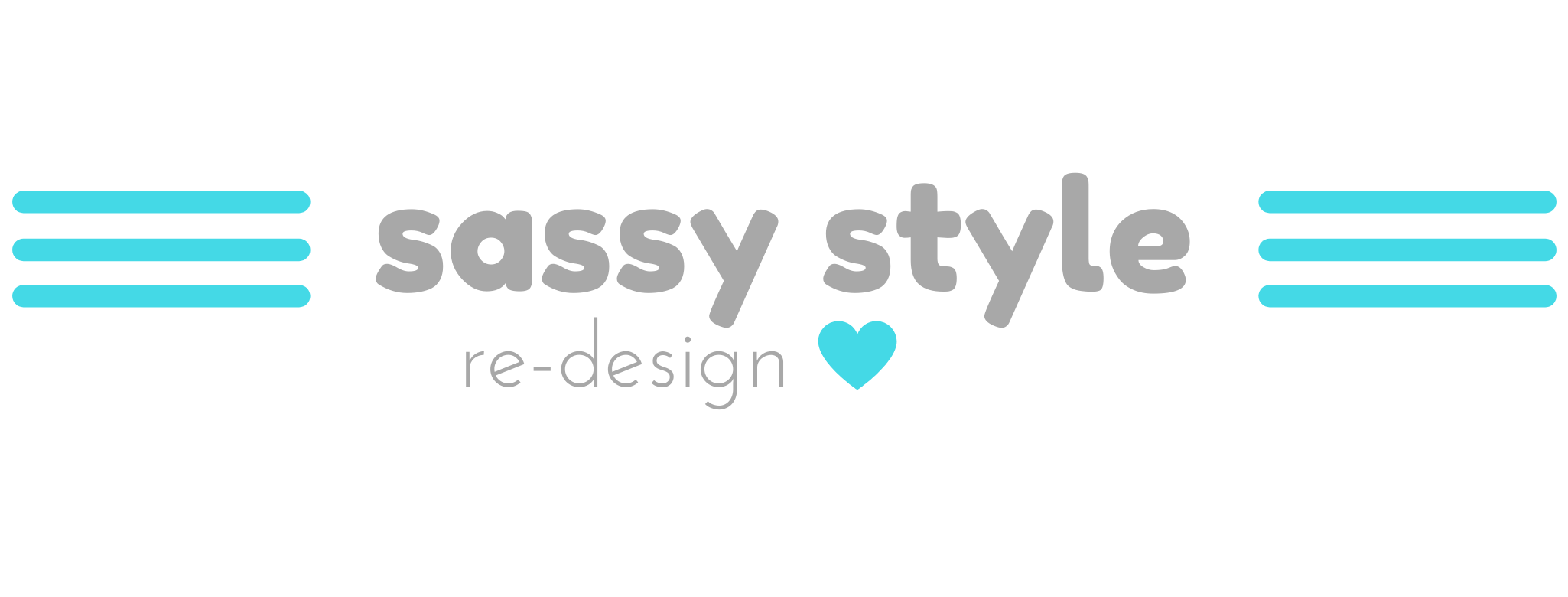Tips for Saving Money on Your Mortgage
Buying a house is a big step, and a big commitment. Chances are you will be paying it off for a long time, and it will be the place you spend the rest of your life. But finding the money to get the home you want can be difficult. You want to make the monthly repayments as easy as possible while getting the home you actually want. This guide is full of tips you can use to get the home you want. Read on for all the details.

Show any other forms of income
Your lender will look at your income to determine how much they think you can afford to pay back in a mortgage, so in order to assure them that you can afford your repayments, and then some, you have to show them evidence of any income you have, not just your 9-5.
For example, if you were to look at a house, apartment or condo for sale such as the luxurious Icon apartments and it was a little outside of your budget, you could approach your lender with alternative sources of income to convince them to extend your borrowing power. This can include additional places you hadn’t considered important, like dividends from investments or profits from rental properties. You can also show the bank your alimony payments and child support, your social security income, and any money you’ve earned from a side business or a part-time job. The one stipulation from the latter two options is that you have to have been earning from your side business or part-time job regularly for the past two years.
If you have any additional assets, you can also present them to your lender for a bigger loan. You probably don’t need cash reserves to qualify for your loan, and may well have been told that, but additional assets in the bank or elsewhere can convince your lender that you can handle any unplanned expenses or “rainy days” that might occur without it affecting your mortgage payments. If you have no plans for the money, it can serve this purpose as extra backing for your mortgage payments, or you can put it towards your down payment.
Pay as much as you can up front
If you are more interested in lowering your monthly repayments, you should think about how much you can pay up front. The more you put up front, the less you will have to pay over time, reducing your monthly payments. If you have the money available, a big deposit can take a good chunk out of your mortgage.
There is also the PMI to think about. PMI, or Private Mortgage Insurance, is designed to ensure that the lender is protected, should you stop paying your mortgage – and it is mandatory with a down payment of less than 20% of the value of your home. If you have the 20% you can forgo the insurance, which is added to your monthly repayments, and suffer a less hefty bill month to month. Plus, a down payment of more than the recommended 20% will gain you a lower rate of interest, making the monthly repayments even easier.
Wipe your debt
The first thing your lender is going to look at, after your income, is your DTI, or your debt-to-income ratio. This comes down to a percentage of your money that you are dedicating to your minimum monthly debt repayments. Some are willing to go higher, but typically lenders prefer your DTI to be under 36%.
If you have any debt sitting in your accounts, you can reduce or wipe them out to persuade your lender that you have no prior commitments and will focus only on repaying your mortgage. If you have the cash available, your best option would be to pay back any leftover debt, but you can also reduce your debt with a balance transfer card or refinance a vehicle loan to lower your payments.
Even if you can’t fully wipe everything in one go, it is recommended that you pay more than the minimum required to get it paid off as quickly as possible, as interest can build over time.
Add a co-borrower
A move that will drastically cut your monthly repayments, is to split the mortgage with a co-borrower. It will add an extra income covering the covering the mortgage repayments, convincing your lender that you deserve a bigger loan, since the total income to pay back with will increase.
However, your co-borrower should go into this knowing that they’re not just doing you a favor. A co-borrower will have their name on the property, and therefore are responsible for it, and will have to split the finances with you.
But you aren’t limited to getting married for the sake of a house. Co-borrowers can be spouses, domestic partners, friends, or relatives, so you have options on your potential roommate.



































No comments